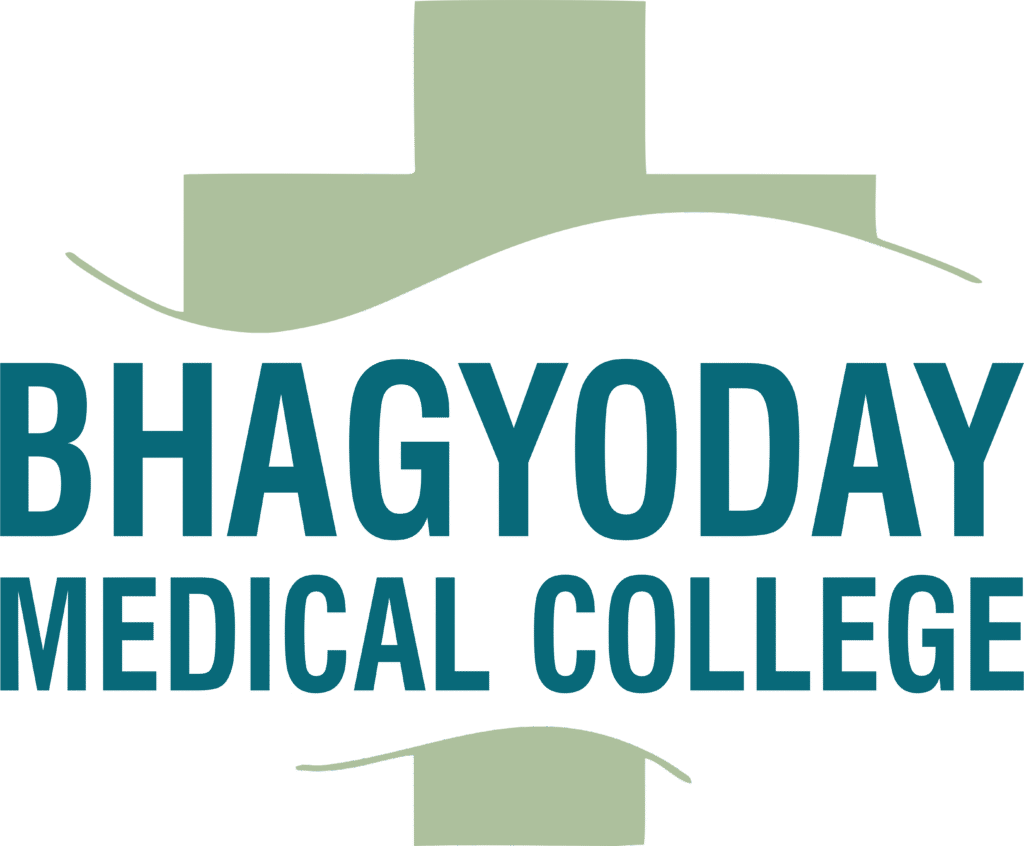Pathology
- Home
- Departments
- Anatomy
Overview
Pathology is a discipline which has its roots deeply implanted in the medical history that bridges clinical practice and basic science and therefore a foundation of sound clinical medicine. Pathology literally translates to the study of suffering; more fittingly, the term ‘Pathology’ is invoked to represent the study of disease. It involves the study of the patterns, investigation of the causes, underlying mechanisms and the effects of illness. It follows the process from its inception to its termination by investigating the changes produced.
It is therefore a vital component of medical education for all doctors, nurses and other health-care practitioners, greatly improving the skills and efficiency of all concerned. Pathology encompasses both the medical specialty, which utilities the organs, cells, tissues and body fluids to obtain clinically useful information, as well as the related scientific study of disease processes through examination. The faculty of the department of Pathology plays a major role in teaching and training of undergraduate students in Medicine of Phase-II and allied courses, as well as the postgraduate students aiming at producing specialist consultants of global standards.
In addition, the department also plays a pivotal role in providing competent laboratory services of the teaching hospital. This is essential for establishing the diagnosis of diseases, and monitoring the treatment of patients.
Regular, interactive, integrated academic programmers to foster academic excellence and quality in patient care are conducted by the department under the auspices of the institution. Research activities and their publications in indexed national and international scientific journals are being done on a regular basis in the department.
Pathology includes various sub-sections
- Histopathology
- Cytopathology
- Hematology
- Clinical Pathology
